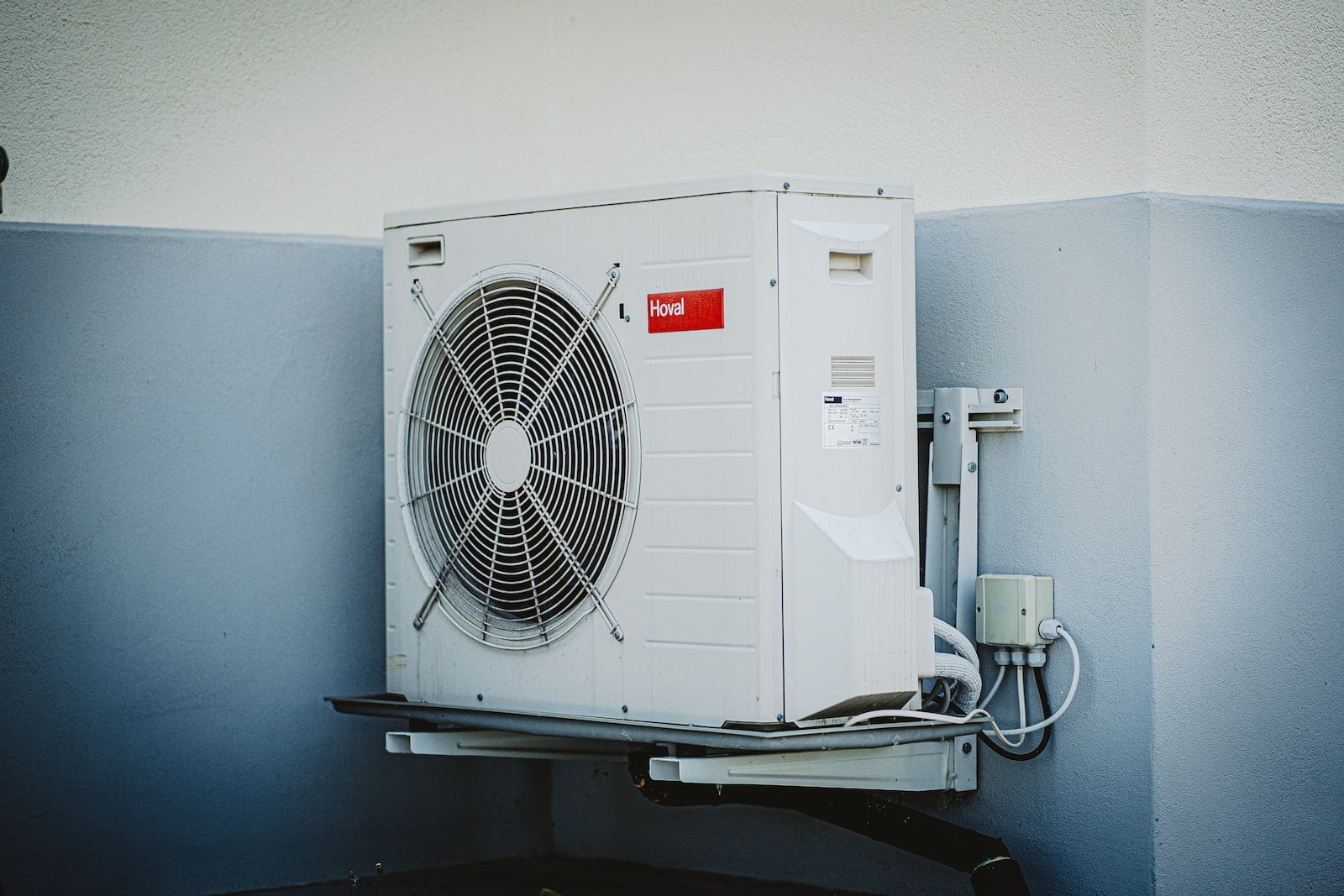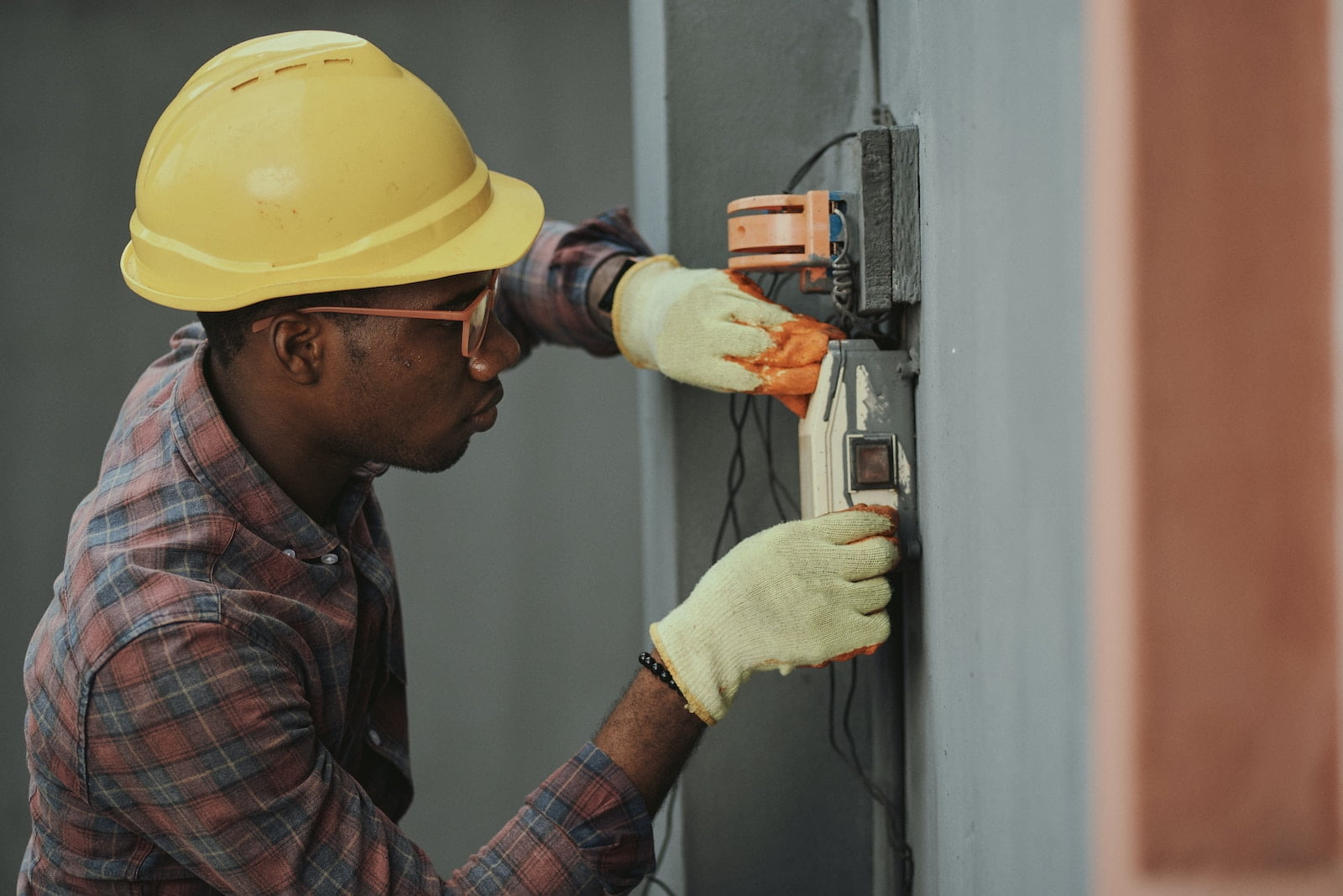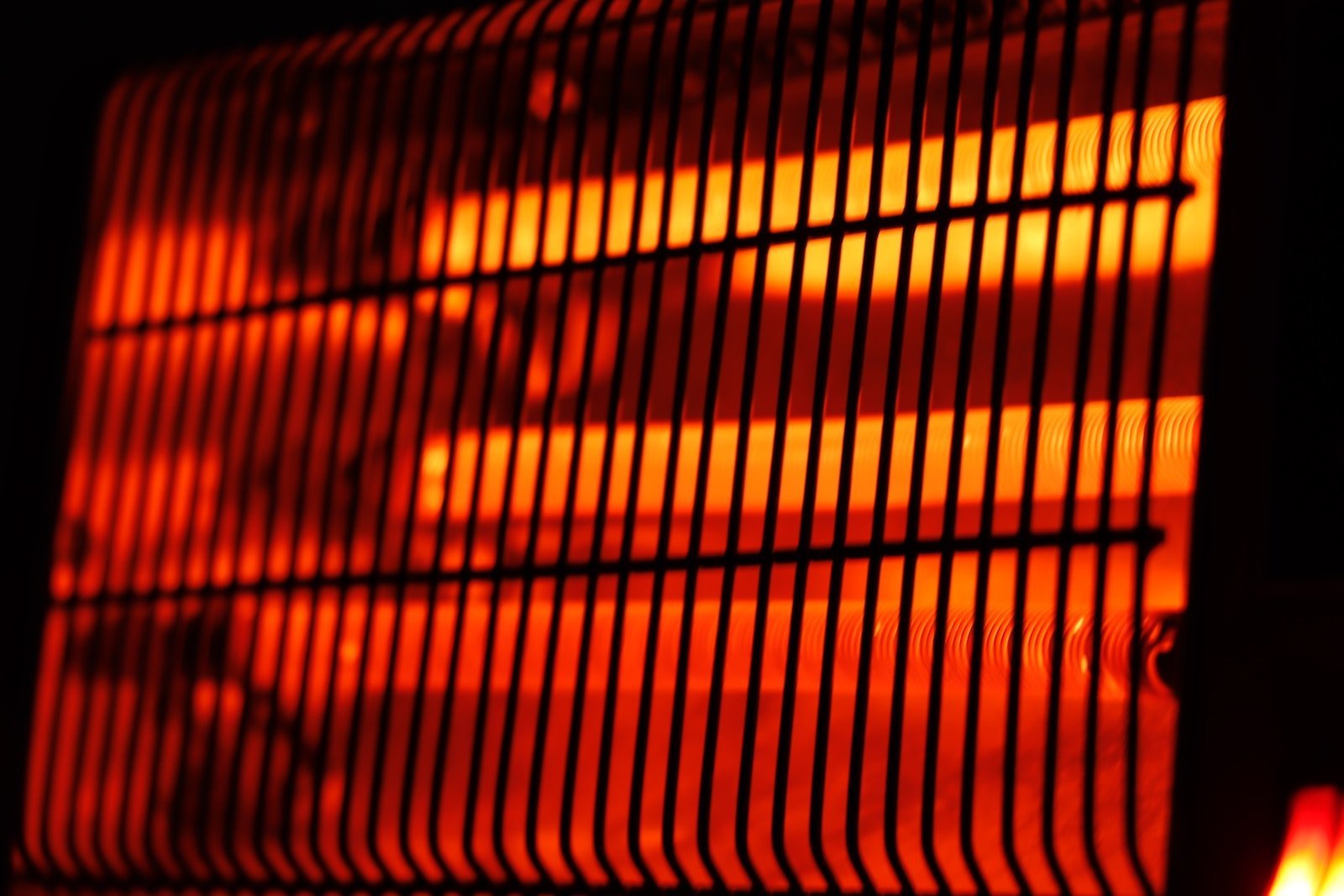Proper and Responsible AC Unit Recycling
As we continue to rely on air conditioning units to keep us cool during the hot summer months, it’s important to consider what happens to these units once they’ve reached the end of their lifespan. Proper AC unit recycling is crucial for both environmental and health reasons. Not only does it prevent harmful chemicals from polluting our air and water, but it also ensures that valuable materials can be reused instead of ending up in landfills. In this article, we’ll explore the importance of AC unit recycling, the benefits it provides, and how you can properly dispose of your old unit.
Steps to Take Before Recycling an AC Unit
Firstly, you need to ensure that the AC unit is no longer functioning. If it is still working, consider donating it to someone who may need it. If the AC unit is no longer working, you need to disconnect it from the power source. This is important to prevent any accidents or injuries while handling the unit. Next, you need to remove any refrigerant that may be left in the unit. Refrigerants are harmful chemicals that can cause serious health problems if not handled properly. It is important to hire a professional to remove the refrigerant before recycling the unit.
After removing the refrigerant, you need to disassemble the AC unit. This will make it easier to transport and recycle the individual parts. Separate the metal parts from the plastic parts and store them in separate containers. The metal parts can be recycled at a scrap yard, while the plastic parts can be recycled at a recycling center. Finally, make sure to properly dispose of any hazardous materials that may be present in the AC unit. This includes the compressor, which contains oil that needs to be disposed of properly. By following these steps, you can ensure that your old AC unit is recycled in a safe and environmentally-friendly manner.
Options for AC Unit Recycling
One option for recycling an AC unit is to take it to a local recycling center. Many cities have designated recycling centers that accept appliances, including air conditioning units. These centers will typically disassemble the unit and recycle the individual components, such as the copper coils and aluminum fins. Another option is to contact the manufacturer of the AC unit. Many manufacturers have take-back programs where they will recycle the unit for you. Some may even offer incentives, such as discounts on new units, for recycling your old one.
Another option is to donate the AC unit to a local charity or non-profit organization. Many organizations, such as homeless shelters or community centers, may be in need of air conditioning units. Donating your old unit can not only help someone in need, but it can also keep the unit out of a landfill. Additionally, you may be able to receive a tax deduction for the donation.
If your AC unit is still in working condition, another option is to sell it or give it away to someone who needs it. Websites such as Craigslist or Facebook Marketplace can be a great way to find someone in need of an AC unit. Just be sure to properly clean and prepare the unit before selling or giving it away.
Benefits of Responsible AC Unit Recycling
Another benefit of responsible AC unit recycling is the conservation of natural resources. When old AC units are recycled, the materials that make up the unit can be reused to create new products. This reduces the need for new materials to be extracted from the earth, which can be harmful to the environment. By recycling AC units, we can reduce the amount of waste that ends up in landfills and conserve natural resources at the same time.
Furthermore, recycling AC units can also reduce greenhouse gas emissions. When AC units are disposed of improperly, they can release harmful chemicals into the atmosphere, which can contribute to global warming. By recycling AC units, we can prevent these harmful chemicals from being released into the air and reduce our carbon footprint.
Overall, responsible AC unit recycling is an important practice that can benefit both the environment and our communities. By recycling our old AC units, we can conserve natural resources, reduce greenhouse gas emissions, and prevent harmful chemicals from being released into the air. So, the next time you need to replace your AC unit, be sure to recycle it responsibly.
Consequences of Improper AC Unit Disposal
Improper AC unit disposal can have several negative consequences. Firstly, it can harm the environment. Air conditioning units contain refrigerants and other chemicals that can be harmful to the ozone layer if released into the air. Additionally, many AC units contain hazardous materials such as mercury, which can contaminate soil and water if not disposed of properly. Secondly, improper disposal can lead to legal consequences. Many states have laws that regulate the disposal of electronic waste, including air conditioning units. Failure to comply with these laws can result in fines and other penalties. Lastly, improper disposal can also harm human health. If AC units are not disposed of properly, they can release harmful chemicals into the air, which can cause respiratory problems and other health issues. Therefore, it is important to dispose of AC units responsibly to avoid these negative consequences.






